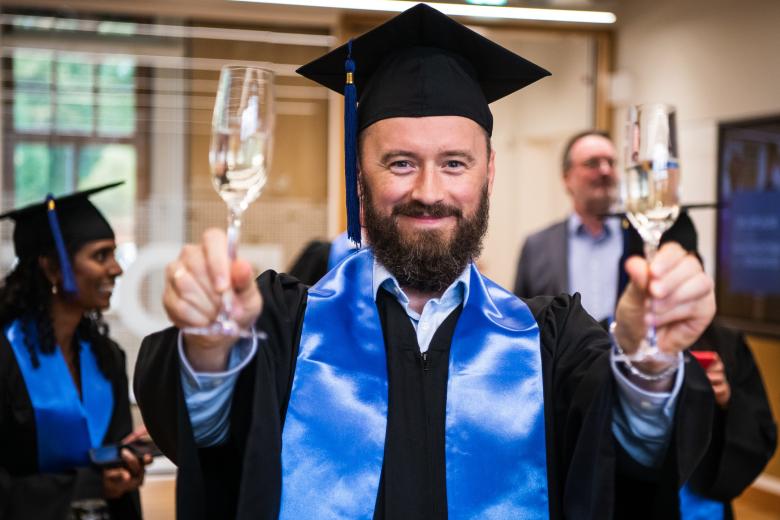Lisa Brüggen appointed at Royal Holland Society of Sciences and Humanities
The Royal Holland Society of Sciences and Humanities (KHMW) has appointed SBE Professor Lisa Brüggen as a scientific member.
Lisa Brüggen is Professor of Financial Services at Maastricht University and the Director of Netspar, a knowledge network that brings together science and the pension, retirement, and insurance industry. She is also Extraordinary Professor at the Chair of Pension Communication and Decision Support, established and funded by Instituut Gak.
“I am honored to become a scientific member of the Koninklijke Hollandsche Maatschappij der Wetenschappen,” Brüggen says about the appointment. “What appeals to me is the emphasis on the connection between science and society, a core aspect of my work at Maastricht University and of Netspar. I also appreciate the KHMW's commitment to young talent through science awards. It's honorable to contribute to that and promote science with social value.”
Bridge between science and society
The Royal Holland Society of Science or Koninklijke Hollandsche Maatschappij der Wetenschappen, founded in 1752, is the oldest “Learned Society” in the Netherlands. It aims to promote science and build a bridge between science and society.
The Society has a two-tiered structure: on the one hand, representatives of society interested in science (society members) and on the other, a group of scientists (scientific members), who are responsible for scientific activities.
For more info, click here to go to the KHMW website.
Also read
-
Discrimination makes women want to work less
Recent research by scientists at Maastricht University in the Netherlands and Aarhus University in Denmark shines a new light on the gender pay gap. Discrimination makes women want to work fewer hours.

-
Research suggests: air pollution affects voting patterns
Higher air pollution increases the likelihood of people voting for opposition parties rather than ruling parties. This is the major finding of research by Nico Pestel, a scientist at the Research Centre for Education & Labour Market (ROA) at the Maastricht School of Business and Economics.

-
SBE moves up the MBA ranks at CEO Magazine
We are proud to announce that SBE further improved its ranking in the recently published 2023 CEO Magazine’s Global MBA Rankings.
